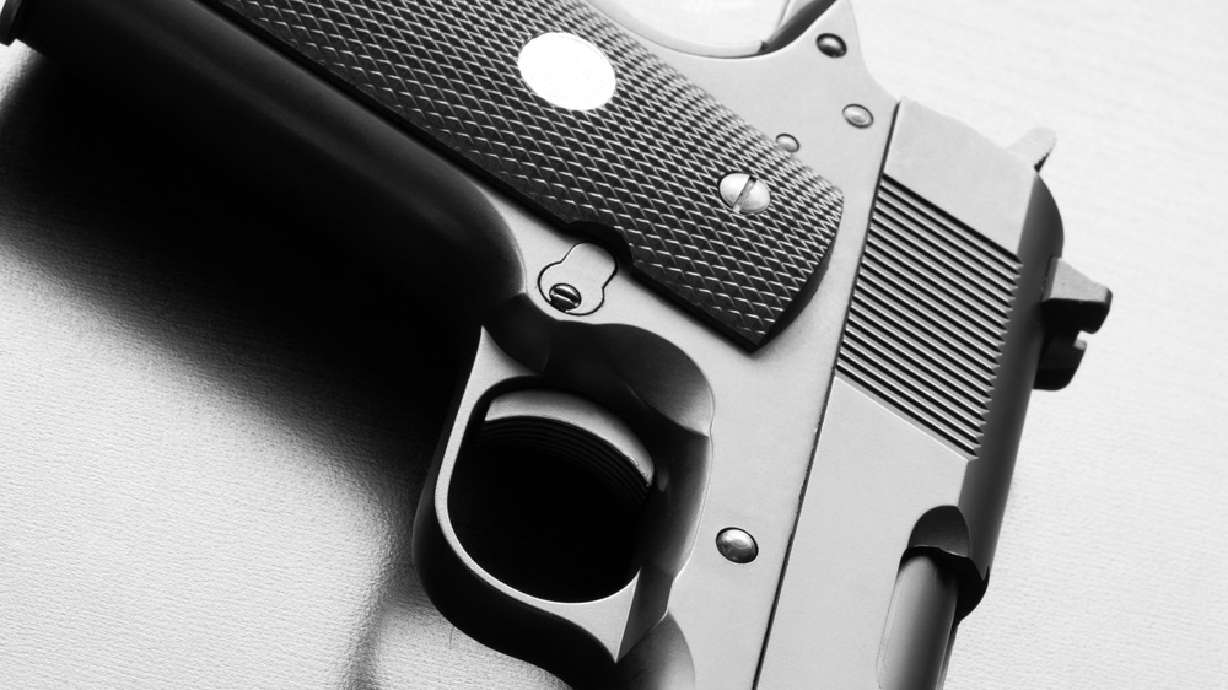Estimated read time: 2-3 minutes
This archived news story is available only for your personal, non-commercial use. Information in the story may be outdated or superseded by additional information. Reading or replaying the story in its archived form does not constitute a republication of the story.
WASHINGTON (AP) — A unanimous Supreme Court ruled Monday that the government can't prevent a convicted felon who is barred from possessing firearms from trying to sell his guns after they are confiscated by authorities.
The justices sided with Tony Henderson, a former U.S. Border Patrol agent who agreed to turn over his collection of 19 firearms to the FBI as a condition of release after he was arrested and charged with distributing marijuana.
After he pleaded guilty, Henderson wanted to sell the weapons valued at more than $3,500 to a friend, or transfer them to his wife. But lower courts found that doing so would technically give Henderson possession of the weapons in violation of the law. Prosecutors also said they were concerned that Henderson's friend or wife might give him access to the weapons.
Writing for the court, Justice Elena Kagan said letting a convicted felon sell or transfer guns is allowed as long as a court is satisfied that the person getting the weapons won't give the felon control over them.
"A felon cannot evade the strictures of (the law) by arranging a sham transfer that leaves him in effective control of his guns," Kagan said.
Kagan said the district court could have ordered the guns turned over to a federally-licensed firearms dealer, who would sell them with proceeds going to Henderson. She said the lower court also could allow Henderson to transfer the guns to another person who will not allow him "to exert any influence over their use."
She said the government's reading of the law goes too far in saying Henderson would illegally "possess" the weapons just by being allowed to sell them.
The case had drawn the attention of gun-rights groups, including the National Rifle Association, which argued that the government's attempt to prohibit any sale or transfer prevents law-abiding citizens who want to buy the guns from doing so.
Copyright © The Associated Press. All rights reserved. This material may not be published, broadcast, rewritten or redistributed.








